Key Highlights
- Chest discomfort or pain remains the most recognized warning sign of heart disease and often signals a blocked artery or a heart attack.
- Persistent unusual fatigue is a subtle but serious symptom of heart failure, especially when not relieved by rest.
- Shortness of breath, even during light activity or at rest, is a key indicator of heart trouble and calls for early medical attention.
- Swelling in the feet, ankles, or legs (edema) can signal fluid retention caused by underlying heart problems.
- Pain in the jaw, neck, or upper back may also suggest heart disease, often being overlooked as a classic heart attack symptom.
- Early detection of these symptoms and prompt medical action can make a significant difference in heart health outcomes.
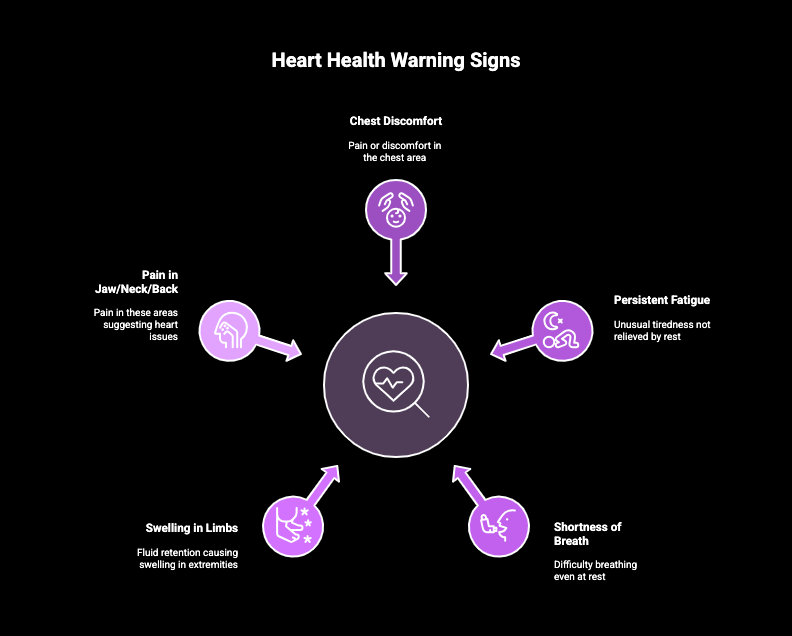
Silent Heart Disease Symptoms: Warning Signs You Should Never Ignore
When it comes to heart health, the most critical symptoms are often the most subtle. Your heart, one of the most vital organs, tends to communicate distress not with loud alarms but with soft whispers. Recognizing these whispered warnings can be lifesaving. Here are some silent symptoms of heart disease that you should never ignore.
1. Unexplained Shortness of Breath
If you find yourself feeling breathless without any exertion, it might be more than just fatigue. Unexplained shortness of breath can be an indicator that your heart is not receiving the amount of oxygen it needs. This symptom can easily be misattributed to stress or aging, but it’s essential to consult a healthcare professional if it persists.
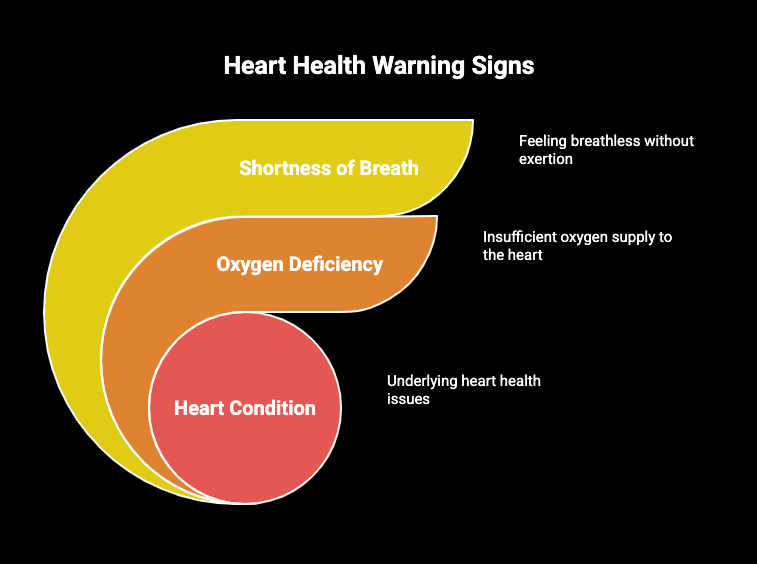
2. Persistent Fatigue
Everyone feels tired from time to time, but persistent fatigue might be a sign that your heart is overworking. If you notice that even after rest you still feel unusually tired, it could be an indication that your heart is struggling to pump efficiently.
3. Mild Chest Discomfort
Do not dismiss mild chest discomfort as mere heartburn or muscle strain. It could be an early warning sign of blocked arteries. Chest discomfort that occurs during physical activity and subsides with rest is a particularly concerning symptom that warrants further investigation.
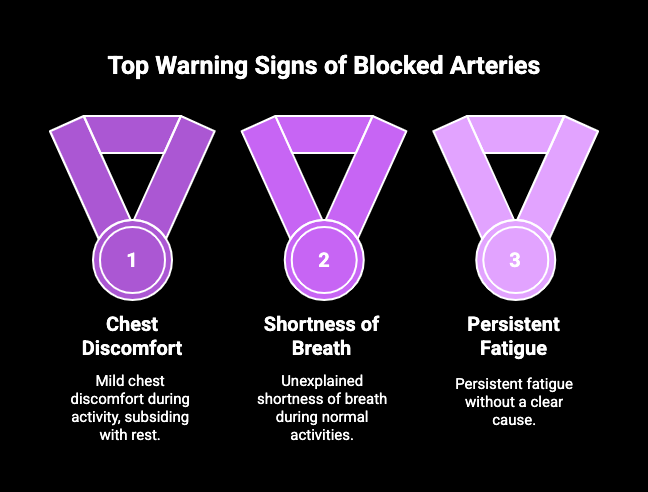
4. Swelling in Ankles or Feet
Your feet and ankles can provide important clues about your heart health. Swelling in these areas might suggest that your heart is struggling to circulate blood effectively. This can result from many different heart conditions, so it’s crucial to seek medical advice if you notice this symptom.
5. Lightheadedness or Fainting
Experiencing spells of lightheadedness or actually fainting can be a sign of dangerous rhythm changes in your heart. These symptoms demand immediate medical attention, as they can indicate serious underlying heart rhythm disorders that may require treatment.
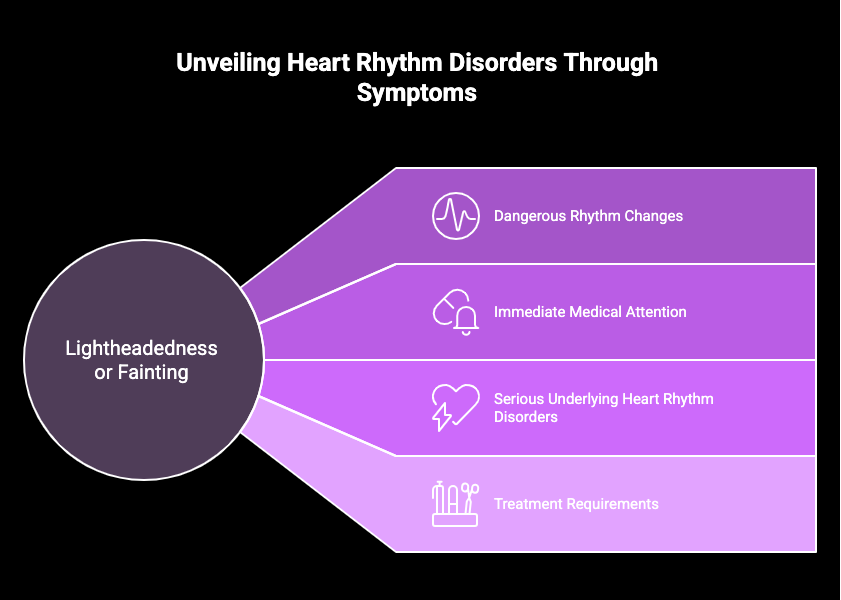
6. Pain in the Jaw, Neck, or Upper Back
Pain in areas not traditionally associated with the heart can still signal cardiac trouble. Particularly, pain in the jaw, neck, or upper back, especially during physical exertion, can be a red flag for heart disease.
7. Digestive Issues Like Sudden Nausea
While digestive issues like sudden nausea might be dismissed as just another stomach ache, they can be related to heart problems, especially if occurring alongside other symptoms mentioned above.
Act Early
Early detection and diagnosis can make all the difference when it comes to heart disease. Listening to your body and acting promptly upon these symptoms can truly save your life. Remember, your health is your greatest superpower. Certain risk factors can increase the likelihood of developing these early warning signs of heart disease, including high blood pressure, high cholesterol, diabetes, smoking, obesity, a sedentary lifestyle, family history of heart disease, and chronic stress. Being aware of these risk factors can help you take proactive steps to manage your heart health.
For more insights and health tips, tune in and subscribe to Kundlas MD. Prioritize your health today, as prevention is always better than cure.
Frequently Asked Questions
Are heart disease warning signs different for men and women?
Yes, symptoms of heart disease can differ between men and women. While men often experience classic chest pain, women may have subtler heart disease symptoms like fatigue, jaw pain, or indigestion. Being aware of these gender-specific heart attack symptoms and family history of heart disease is important for early detection.
When should I worry about dizziness or lightheadedness as a heart symptom?
If you feel dizziness or lightheadedness—especially with chest pain, shortness of breath, or heart palpitations—it could indicate a heart condition needing immediate medical attention. Don’t ignore these symptoms, as they may signal an underlying heart problem requiring prompt evaluation.
What can I do to catch these early signs before they become serious?
To improve early identification, maintain routine heart checkups and monitor your cholesterol levels, blood pressure, and blood sugar. Embrace lifestyle changes like regular physical activity and stress management. Recognizing subtle symptoms and acting quickly can help prevent serious heart disease complications.


